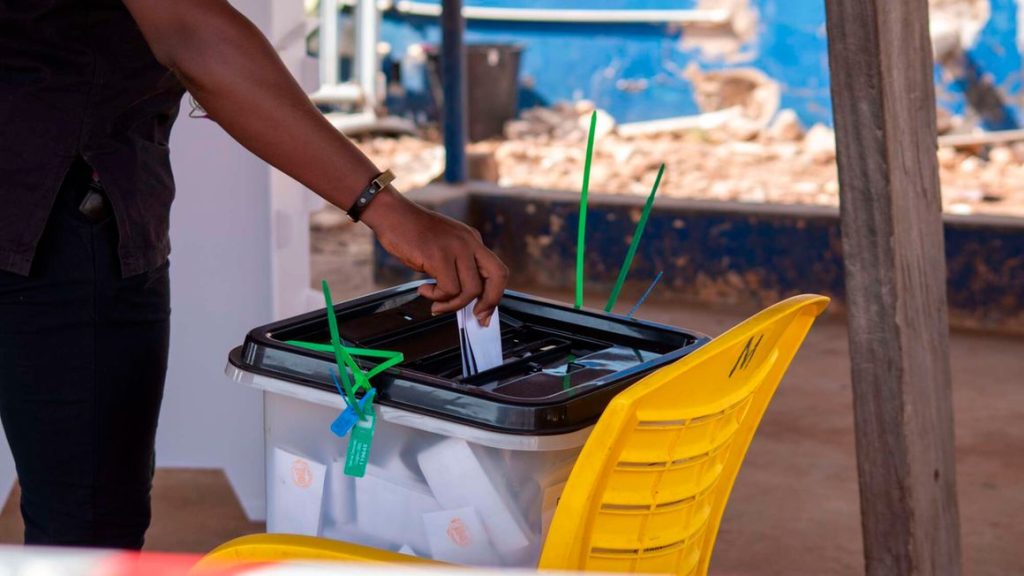This year, 20 African countries will hold elections again to choose new leaders. The frequency of these elections can show whether a country is progressing or falling behind in democracy.
But what if technology, like Artificial Intelligence (AI), was used to make voting easier?
At a meeting in Nairobi last week, experts and policymakers discussed the idea of using AI to improve African elections. While elections have become more common than coups, challenges like distributing voting materials, counting votes, and securing ballots still make the process difficult, especially for new candidates.
The forum brought together officials from the African Union, election bodies from across Africa, tech companies, election experts, and observer networks.
Although we won’t see AI in elections this year, these officials were exploring the possibility for the future. A new Regional Working Group on AI and Elections in Africa was also launched to advocate for rules and regulations on using AI in elections.
Transitioning to AI won’t be cheap. Experts warned that the shift will be challenging. Grace Githaiga, Director for KICTANet, a Nairobi-based ICT think-tank, noted that there will need to be strong coordination across Africa and standard legal frameworks for AI integration. She emphasized the importance of flexible regulations that can adapt and evolve, with regular reviews and stakeholder input to address ethical concerns.
Some countries, like Russia, have experimented with digital voting where people can vote from home. However, even places like Kenya, which has used digital systems to transmit results, have faced problems like internet issues and hacking attempts.
With AI, the main issue is that it hasn’t been tried yet, so there’s a lot of uncertainty. Microsoft’s Government Affairs Director, Akua Gyekye, stressed the need for regulations, saying that governments should invite tech companies to help them understand the technology, rather than letting tech companies dictate the rules. She also said public awareness is key because people can’t support something they don’t understand.
Dr. Ojwang Ochieng, a lecturer at Kisii University in Kenya, pointed out that while AI could be useful, it will still depend on humans to operate it. He believes that human responsibility is essential in making sure AI systems add value to the political process.
When it comes to privacy, security, and inclusivity, experts believe AI is necessary. Samson Itodo, Executive Director of Yiaga, suggested that African election commissions should keep up with advancements in technology by holding forums and learning more about AI tools. He warned that election bodies shouldn’t just follow trends but should be proactive and stay ahead.
A study by Afrobarometer shows that 75% of Africans believe in open, fair, and honest elections as the best way to choose leaders. However, it also revealed a drop in the number of people who think elections are the only way to select leaders.
This study, conducted between 2011 and 2023 in 39 African countries, shows declining support for elections, except in Sierra Leone, which recorded a 13-point increase in election support.
Kenya is one of 11 African countries with higher trust in their election bodies, but even there, over half of the population (53%) trusts the election body only “a little or not at all,” compared to 45% who have “somewhat or a lot of trust.” In contrast, Tanzanians have the highest level of trust, with 79% trusting their election body.





















